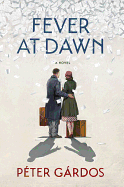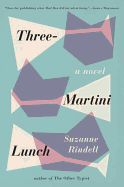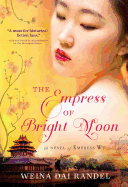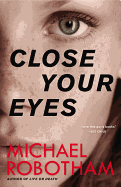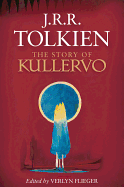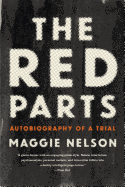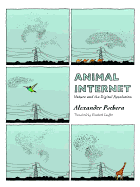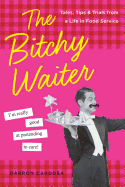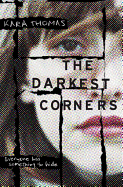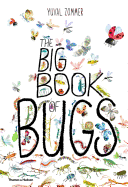 |
| photo: Shelby Payne |
Jim Lynch is the author of the novels The Highest Tide, Border Songs and Truth Like the Sun, all of which have been performed on stage and won prizes, including an Indies Choice Honor Book Award, a Pacific Northwest Booksellers Award and a Dashiell Hammett Prize finalist. As a newspaper reporter, Lynch has won national awards, including the Livingston Young Journalist Award. He lives in Olympia, Wash., with his wife and daughter.
His latest novel is Before the Wind (Knopf), about the Johannssens, a sailing family from Seattle. The youngest son, Joshua, introduces his idiosyncratic, funny and ultimately tragic family: his intellectual mother who approaches sailing like a science; his father, an egoistic brute of a leader ("the flip side is that when you please him, your body temperature climbs a degree or two."); his sister, with a preternatural relationship with "the wind"; and his crazy world-traveling cavalier brother.
What was it like approaching this family's story through the lens of sailing?
Great fun. The way people sail provides ample personality insights to a fellow sailor like me. There are intense racers, ocean-going iconoclasts, happy-hour drifters, physics buffs and more. Getting to know the Johannssens by how each one of them dealt with their family obsession gave me the essence of each character from which I then extrapolated and improvised. Plus, sailing adventures provide engaging dramatic arcs. So this lens helped shape storylines, too.
You're from the Seattle/Puget Sound area. How much did your own childhood and sailing history factor into this story?
Well, in some ways, I feel like I've been preparing to write this novel for most of my life. I grew up the son of a fanatical sailor who moved to the Northwest specifically for this sailing wonderland. So family weekends and vacations were spent on boats exploring these waters. And I remain infatuated with it all. What I loved about researching and writing this book was that it was a mix of what I knew and what fascinated me. By the final draft, the Johannssens felt almost as real as my own family, yet entirely different. Perhaps my family squared.
There is a mysterious, special quality to growing up on water and on or around boats, don't you think? How would you describe it to someone who has never had that experience?
There is something about the dazzle of light on water and the absolute mystery of what lurks beneath the surface that can make you lightheaded. And boats, in turn, embody this mystique. The sight of a worn-out sailboat or a rundown marina feels rich with untold adventures. And then the act of boating itself, particularly sailing, simultaneously immerses you in nature and focuses your mind on a challenging task. When you raise your wing-like sails to catch an invisible breeze, you suddenly start coursing through the water in a fashion not unlike flying, and you get hooked on that intoxicating cocktail of serenity, fear and exhilaration.
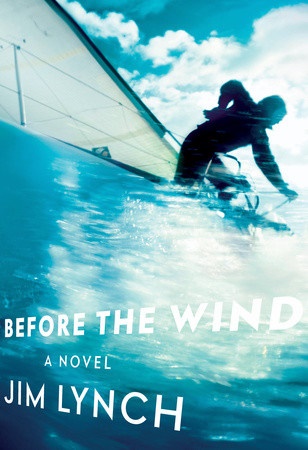 You have a great section where you discuss the lingo of sailboating--boom, halyards, going about, pinching. About this you say, "Grumps speculated that all the lingo was part of a conspiracy to make the simple act of sailing seem daunting. But I think the nautical glossary was invented by inarticulate men and perpetrated by mumbling successors who clung to it like any tribe clutches a dying language." How do you think sailing looks and sounds to the uninitiated?
You have a great section where you discuss the lingo of sailboating--boom, halyards, going about, pinching. About this you say, "Grumps speculated that all the lingo was part of a conspiracy to make the simple act of sailing seem daunting. But I think the nautical glossary was invented by inarticulate men and perpetrated by mumbling successors who clung to it like any tribe clutches a dying language." How do you think sailing looks and sounds to the uninitiated?
Many non-sailors see it as a snobby activity for the rich. Words like "yachting" conjure images of pompous millionaires in dorky outfits. Another faction of the uninitiated sees it as an overly complicated, scary or perhaps nauseating hobby. Others romanticize it, without ever actually sailing, and decorate their homes with soothing images of sailboats. What many non-sailors don't realize is that most sailors are ordinary, financially strapped people of all skill levels who simply can't resist sailing--even if it's on a cheap lousy boat or a nicer one that cost more than they could afford.
The Johannssens are a tight-knit bunch until an inexplicable event at a sailing race. What was it like writing the individual characters, once together, then suddenly alone, each on their own journey?
It was challenging for me to figure out the lives of all the family members when they were together and apart. I wish I had a mind that saw it all in advance. It would've saved me a lot of time. But no, I had to spend six years figuring it out on the page, rewrite after rewrite, until it all became clear. For example, I didn't know where Ruby's semi-magical qualities would take her when she left the family. So every step of hers--to Africa, Canada and her ultimate fate--surprised me. Josh, the narrator, was the only character I had almost entirely figured out before I began. The others evolved before my eyes.
Nearly all of your novels are set in the Seattle area and Washington State. What is it about this special place that keeps producing fresh material for your stories?
Compared to the rest of the world, we Northwesterners don't have a whole lot of history or culture. What we have is a lush landscape that is so exotic--with its deep water and freakishly large trees and mountains--that people come from around the world to see it with their own eyes. And I think our spectacular landscape shapes our people as well as my fictional characters. All of which fascinates me and sends me back outside with a notebook. I couldn't imagine setting a western Washington novel indoors. Part of the thrill of writing Before the Wind was taking readers sailing in Puget Sound. --Jarret Middleton
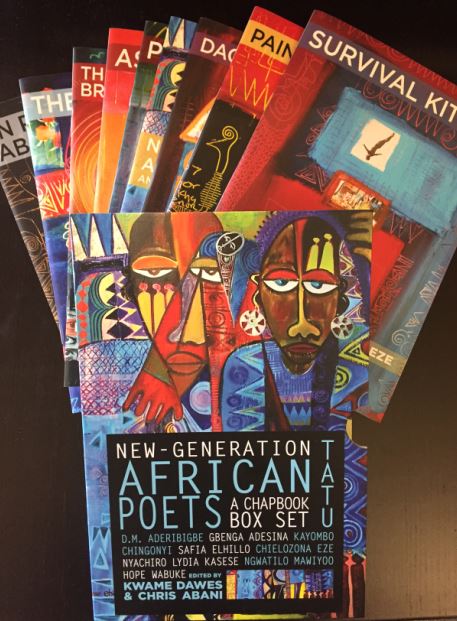





 You have a great section where you discuss the lingo of sailboating--boom, halyards, going about, pinching. About this you say, "Grumps speculated that all the lingo was part of a conspiracy to make the simple act of sailing seem daunting. But I think the nautical glossary was invented by inarticulate men and perpetrated by mumbling successors who clung to it like any tribe clutches a dying language." How do you think sailing looks and sounds to the uninitiated?
You have a great section where you discuss the lingo of sailboating--boom, halyards, going about, pinching. About this you say, "Grumps speculated that all the lingo was part of a conspiracy to make the simple act of sailing seem daunting. But I think the nautical glossary was invented by inarticulate men and perpetrated by mumbling successors who clung to it like any tribe clutches a dying language." How do you think sailing looks and sounds to the uninitiated?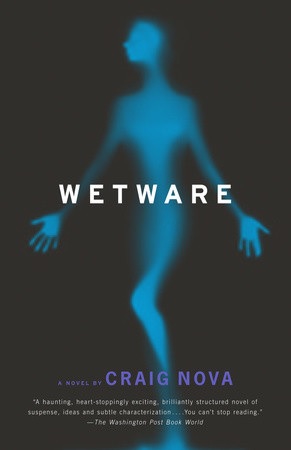 Craig Nova's 2002 novel Wetware is set in 2026, in an unnamed city, where biotech engineer Hal Briggs works in the bowels of industrial giant Galapagos Wetware. He has created animals that sing advertisements and programmed simplified humans to work undesirable jobs, but the business of genetic engineering is changing, and Briggs is ordered to code creatures with more complex abilities. Soon he is engulfed in a personal and forbidden obsession, to give his creations human traits like love and longing. Wetware echoes Frankenstein and Pygmalion in its exploration of what makes humans human and the dangers of tampering with that formula.
Craig Nova's 2002 novel Wetware is set in 2026, in an unnamed city, where biotech engineer Hal Briggs works in the bowels of industrial giant Galapagos Wetware. He has created animals that sing advertisements and programmed simplified humans to work undesirable jobs, but the business of genetic engineering is changing, and Briggs is ordered to code creatures with more complex abilities. Soon he is engulfed in a personal and forbidden obsession, to give his creations human traits like love and longing. Wetware echoes Frankenstein and Pygmalion in its exploration of what makes humans human and the dangers of tampering with that formula.